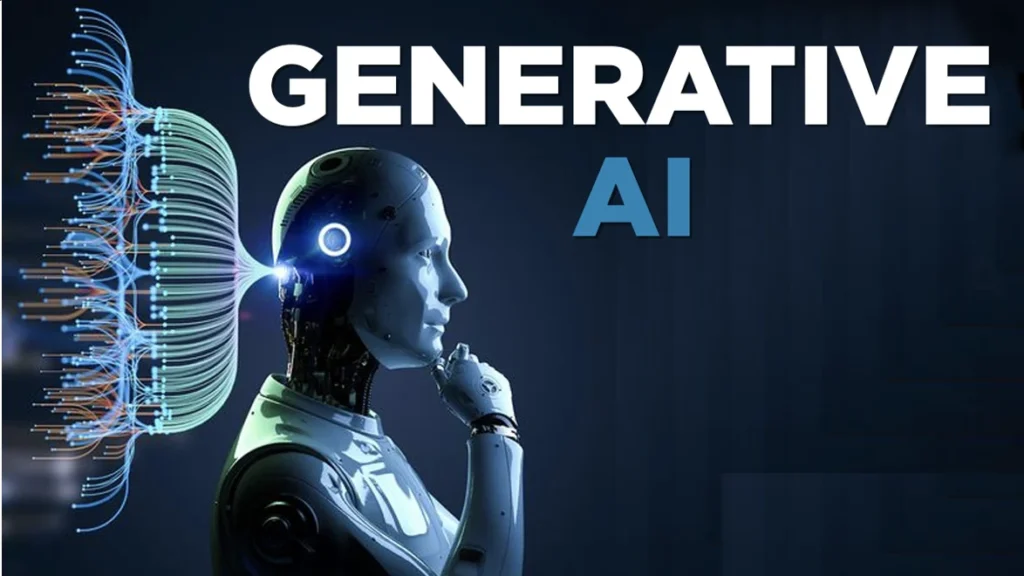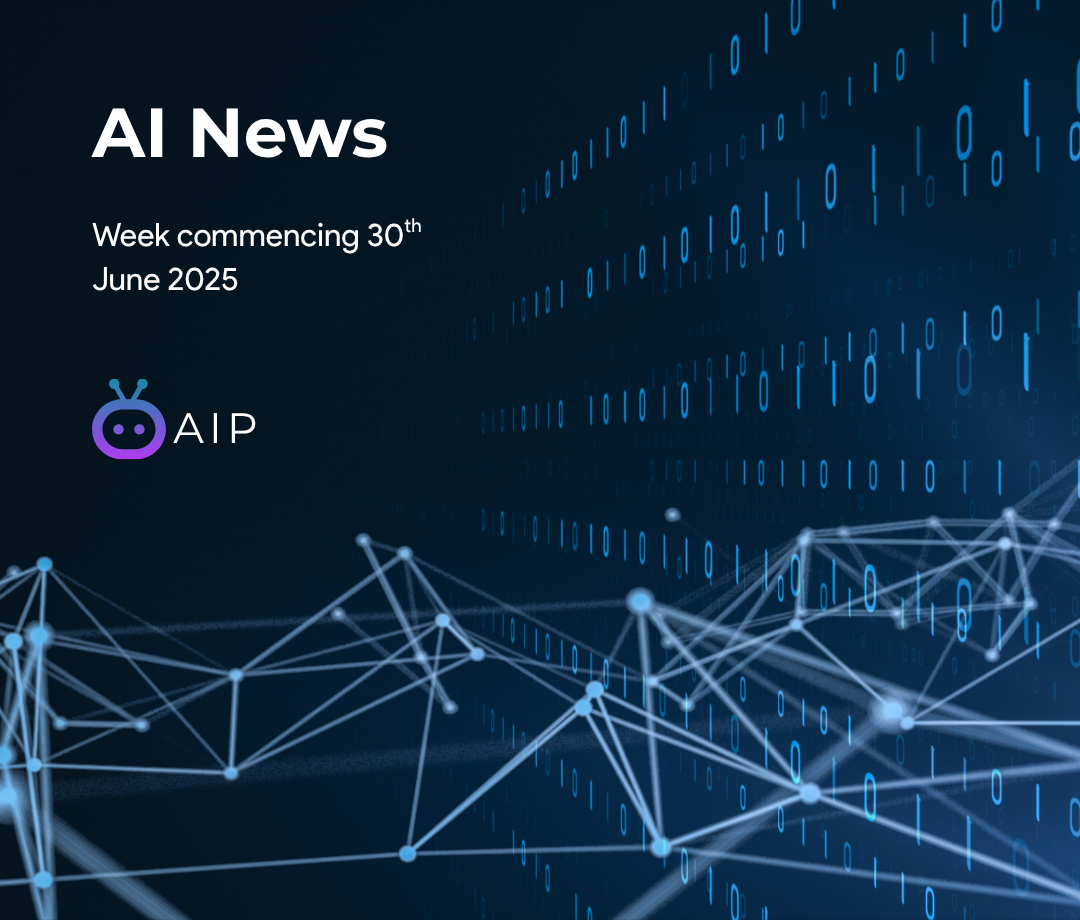Pentagon Taps OpenAI & Silicon Valley for National AI Strategy

One of the latest historic shifts in AI News 2025, the U.S. Department of Defense (DoD) has opened its doors to top AI firms like OpenAI, Google, and Anthropic—with OpenAI landing a massive $200 million contract to develop advanced capabilities for national defense. This isn’t just another tech procurement; it’s a strategic embrace of state-of-the-art AI models to modernize military operations, from intelligence analysis to logistics.
Tech leaders from Silicon Valley, including executives from OpenAI and Palantir, have been commissioned into the Army Reserve as “technology lieutenants.” The goal? Infuse military doctrine with cutting-edge AI thinking, and make the Pentagon smarter and faster.
This move isn’t happening in a vacuum—it’s part of a broader U.S.–China tech rivalry. OpenAI even issued warnings about Chinese firms like Zhipu AI targeting smaller nations to build influence via their own systems. The message is loud and clear: the future of global power is being shaped first in code and algorithms. axios.com
Why it matters:
- Marks a pivot in how the military leverages private-sector AI
- Elevates national security strategy to include advanced machine learning
- Signals more corporate-government partnerships to come
AI Reshapes Wall Street: Junior Roles Disappearing, Efficiency Rising

Now over on Wall Street, AI is redefining the rules of the game. Goldman Sachs CEO David Solomon revealed that AI can auto-generate up to 95% of an IPO prospectus in minutes—a process that used to require an army of junior analysts. This isn’t just hype; Moelis, Baird, and Morgan Stanley confirm they’re actively deploying large language models (LLMs) to handle data crunching, model building, and presentation prep.
The result? A potential 10–30% reduction in junior-level headcount in areas where tasks can be automated. But it’s not all doom and gloom—and here’s why: roles rooted in client relationships, deep sector knowledge, and strategic decision-making are still essential. What’s changing is the baseline: young professionals entering finance now need to be fluent in AI tools and automation. marketwatch.com
Why it matters:
- AI brings game-changing productivity gains—faster, cheaper outputs
- Professional skillsets are shifting, demanding hybrid expertise
- Entry-level roles will evolve—AI fluency may replace Excel mastery as the baseline
Generative AI Faces Public Backlash: From Duolingo to Digital Ethics

Not all AI news is celebratory. Generative AI is under increasing public scrutiny. Duolingo’s shift to an “AI-first” strategy—where it reduces reliance on human language-teaching staff—triggered a wave of backlash, especially from its younger users. They pointed to ethical concerns around job displacement, environmental impact, and the erosion of human interaction. wired.com
This incident is part of a broader reckoning. Critics are raising eyebrows at not only labor displacement but also issues like mental health, classroom impacts, and environmental strain from massive data centres. Activists are organizing both online and off, calling for “AI with accountability,” not limitless automation.
Why it matters:
- Signals growing societal resistance to unchecked AI adoption
- Highlights the need for stronger ethical guardrails in AI products
- Suggests future regulations or policies may focus on AI’s real-world human and environmental cost
What This All Means: Three Big Shifts in 2025
Looking across these stories, a pattern emerges:
- AI is now a geopolitical tool
As governments collaborate with private AI developers, national security—and global competition—are being shaped by algorithmic advantage. - Professional landscapes are transforming
White-collar roles are evolving. Now, fluency in AI is part of the job description—and power users will lead. - Public demand is shifting toward ethical AI
After initial excitement, the pendulum is swinging toward responsibility and transparency.
Industry-by-Industry Snapshots:
- Defense & Cybersecurity: Private-public AI partnerships are accelerating modernization.
- Finance: AI is optimizing workflows—but junior roles and recruitment strategies must adapt.
- EdTech & Consumer Platforms: User trust is fragile. Automation alone won’t win public loyalty.
- Workforce Strategy: Upskilling in AI is critical for new graduates and legacy professionals.
Final Thought: AI’s Power Path Is Not Inevitable
The AI era isn’t just defined by innovation—it’s shaped by values, strategy, and public pressure. With AI now embedded in defense, finance, and daily life, the future depends on responsible deployment and human-centric design—not just raw capability.
If you’re curious how AI will impact your field—or want to join the conversation on ethical, strategic, and sustainable AI—stay tuned to Our AI Planet. We’re diving into the next wave of tools, trends, and trade-offs shaping our technology-driven era.


Leave a Reply